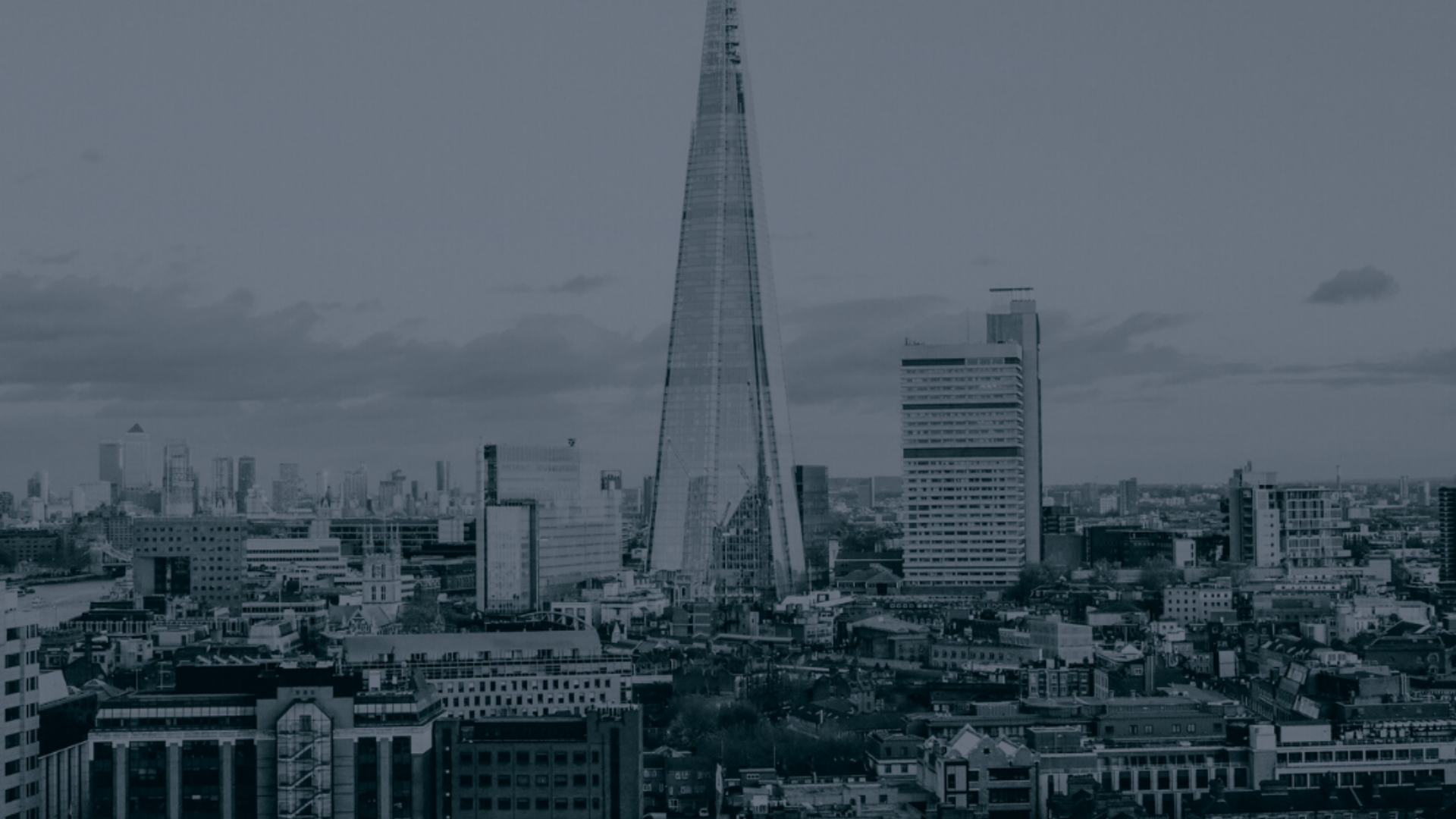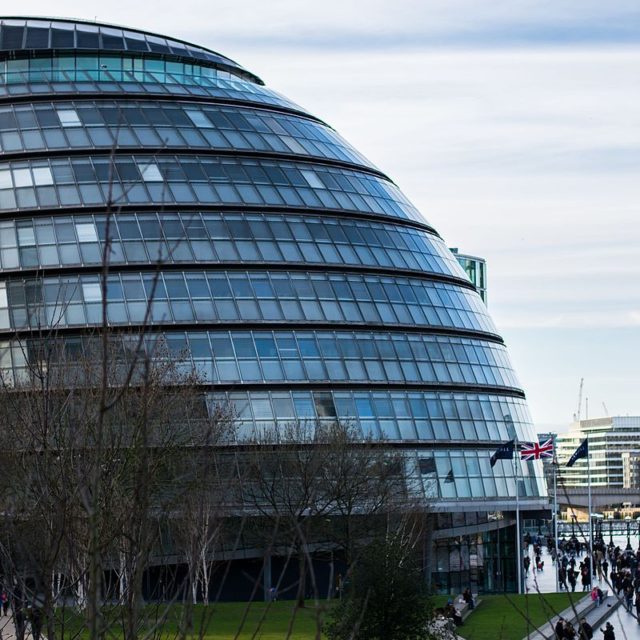“We all know what we need to do but we don’t know how to get re-elected once we’ve done it’’
(Jean-Claude Juncker, as cited by one participant in the roundtable).
Summary
Covid and the resulting crisis measures have represented the biggest threat to London public transport since (at least) the Second World War – both because of revenues lost during the pandemic and the potential for permanently reduced commuter traffic. And post-referendum politics have seen a much less supportive attitude from central government toward London and its economy.
The challenges presented to the next Mayor in relation to funding and future investment are compounded by TfL‘s already weak financial position – highlighted by the recent TFL Independent Review (co-authored by Stephen Glaister), the still unfinished position of its flagship CrossRail project, and pressing needs to get emission levels down.
As that independent review highlighted, with an accumulated debt since 2004 of some £13 billion, and consequently large servicing costs, the ability to borrow further seems to have run out, as has the flow of grant money. Even before the pandemic, overall ridership growth had slowed, and that on buses had significantly declined. If, as Moody’s suggest, there were now a once-for-all cut of 20% in travel that would wipe out 10 years of expected growth, potentially undermining the case for investment in new capacity (and the strategic benefits expected from that).
The stand-off between the central government and the Mayor’s office exacerbates the situation. Policies to encourage alternative modes to the car – and open up sites for housing development in London – do not finance themselves and the current government is unwilling to alleviate the financial pressures through funding. Given the challenges ahead, the sense of this round table was of future of public transport in London much more uncertain than so far recognised in pre-election presentations or debates.
Challenges
Transport for London faces numerous challenges at the moment. The direct impacts of the pandemic involved the loss of £3.5 billion in revenue, (out of an expected £5 billion) in 2020-2021. The potential for people to continue working from home after the crisis could at least slow recovery from this. And suggested knock-on effects via induced dispersal of residential and employment location, shifting the pattern of travel demands are liable to extend these effects. This would add to the pre-existing financial difficulties of TfL (expected to leave it with an annual deficit of £0.5 billion even with usage restored to pre-covid levels). But the role the Mayor can play in securing the funding to resolve these is both politically and fiscally constrained. And Brexit also raises big questions about continuation of the economic and population growth trajectory on which London Mayors have so far counted.
If central government won’t cover TfL deficits, the responsibility to fund the current transportation system and to find ways forward with investment clearly falls upon the Mayor. There are some obvious funding options, including extending the congestion charge zone, increasing the GLA’s council tax precept, or campaigning for additional higher bands to be added on council tax. In addition London First/Arup (in a report to which Isabel Dedring contributed ) argue both for exploring ‘smart road pricing’ and actively pursuing cost-savings through a ‘right-sizing’ response to demand pattern shifts as these emerge. None of these seem likely to be very popular solutions, however.
Given the lack of funding available, and a potential loss in ridership, one of the greatest challenges for TfL seems to be how to stay relevant – whether through finding new ways to compete with Uber, Lime, e-scooters et al., or (as some participants argued) to recognise and embrace their role in reducing private car usage. Other cities have found new business models for providing mobility, and if London is to stay relevant, a more radical approach to TfL may have to be taken, with commuters simply paying more for their journeys than they currently expect.
Structural Issues
It was argued that many of the challenges for Transport for London (TfL) result from a dysfunctional governance and funding structure –including a tension between its independent financial responsibilities and the political concerns of democratically elected Mayors in relation to fare– setting and other competing priorities (including encouragement of walking/cycling). And central government, is understandably unwilling to top up TFL’s finances whenever they fall into the red. Various solutions to this financial problem are reviewed in the TfL Independent Review, though none of them are politically easy for a Mayor to pursue. Not all of these issues are peculiar to London, however, and to broaden the base of debate about them and de-fuse some of the political conflicts it was suggested that the next London Mayor should work to build up a common position with counterparts in other major English cities to negotiate a workable long-term solution with central government departments.
The Future for Transport in London
Will everyone return back to offices after COVID? Will public transport look the same? Does everyone want to commute at the same time? Will people move out of the City? Where does Brexit fit into all of this? Is London even growing anymore? These are all questions that neither TfL, the Mayor, the GLA, the DfT and central government have any real answers to – nor indeed does anyone else in fact.
During the pandemic, TfL themselves were not able to ascertain if they were more or less productive working from home. This brings in a wider question around what the post pandemic city will look like, not only in London but in other cities around the world? For London, in the short term it seems clear that the government will need to bail out TfL, though in the medium and long term the question remains open as to what transport in London should look like, who should pay for it and which policies might be able to get us there.
Most fundamentally this applies to the environmental goals in relation to climate change and public health, on which there is widespread agreement about the need for promotion of walking/cycling, decarbonising road and rail transport, and taxing road usage more. But not about the political, economic and organisational means for securing this. One important aspect for a directly-elected Mayor naturally concerned with re-election was highlighted by a participant with the Jean-Claude Juncker quote at the head of this blog. This may suggest a need to strengthen other incentives through more rigorous public appraisal of transport policies, their implementation and viable alternatives throughout a Mayoral term.
TfL, the Mayor (and central government too) have clearly been frustrated at the position of transport in London for some time – as also are plenty of ordinary Londoners too, both as users and citizens. The recent pandemic has shaken London and TfL, presenting both new challenges and an incentive to think and act more effectively on old ones. But the very limited coverage so far for either the TfL Independent Review, or for the London First/Arup report – and the apparent lack of response from the candidates – does not encourage optimism about the likelihood of this materialising. This is one of the strategic areas in which London Mayors could make a long-term difference to life in this city and electors deserve a clearer sense of the candidates’ priorities and approaches to getting them achieved.




1 Comments